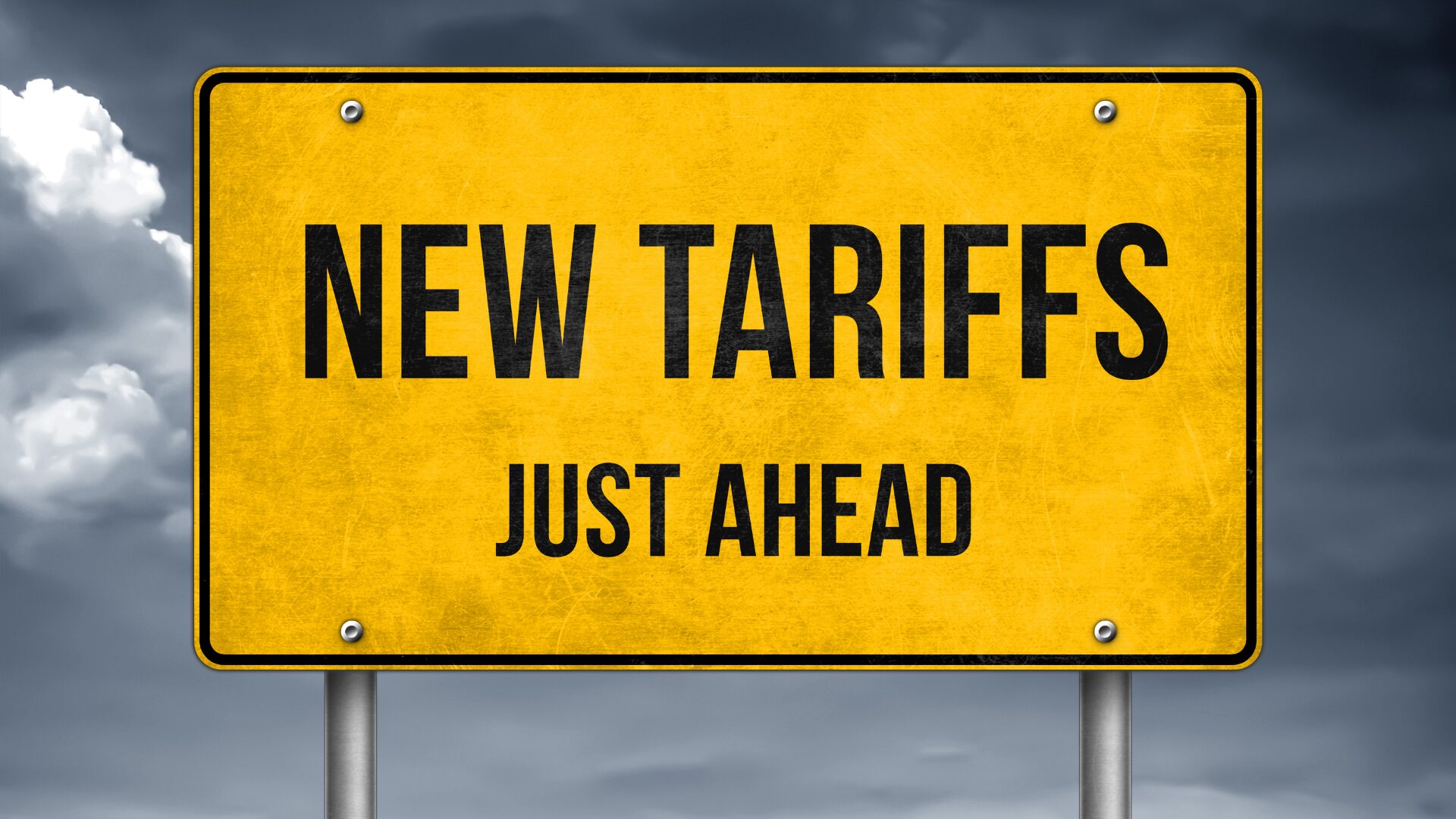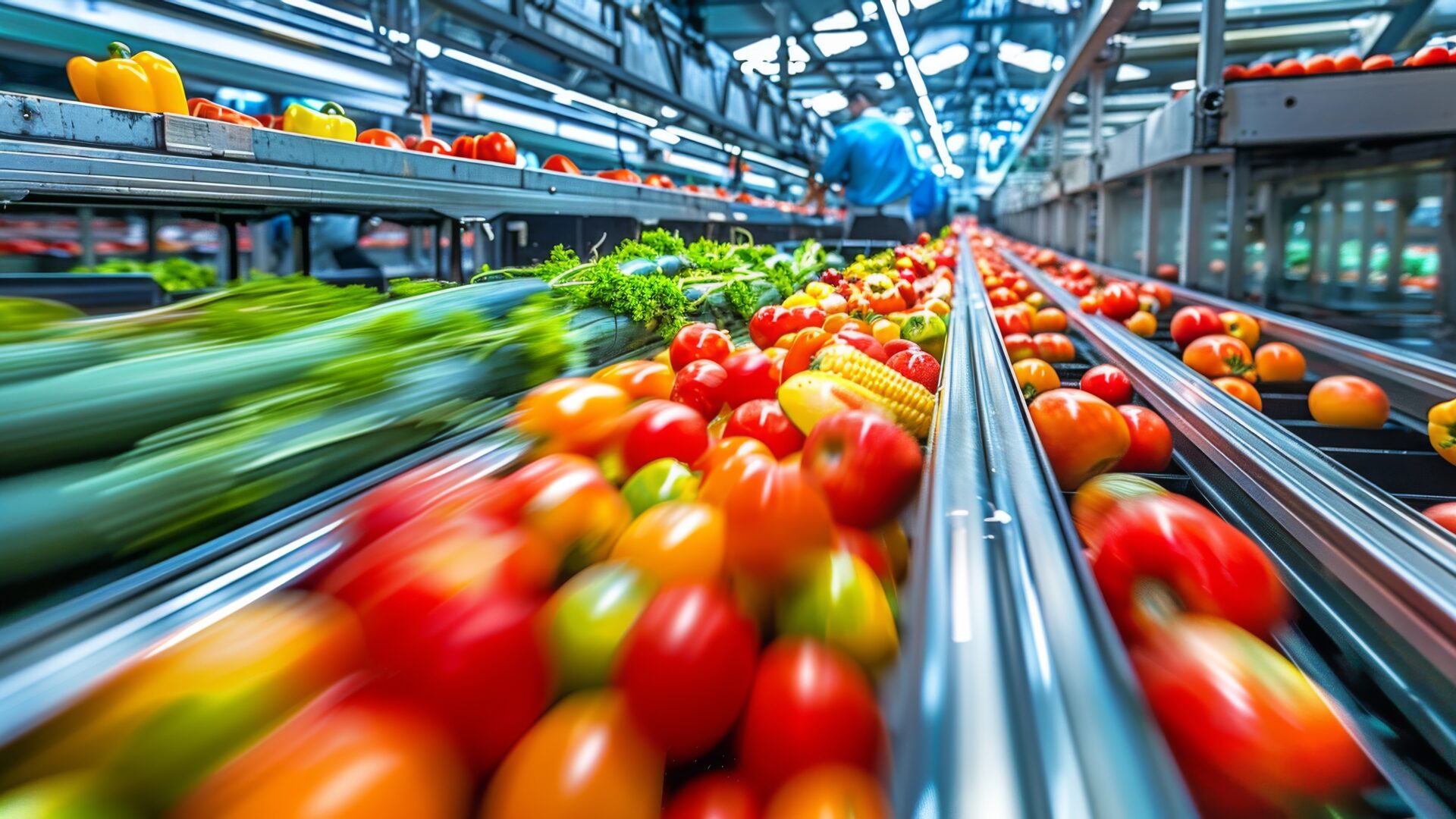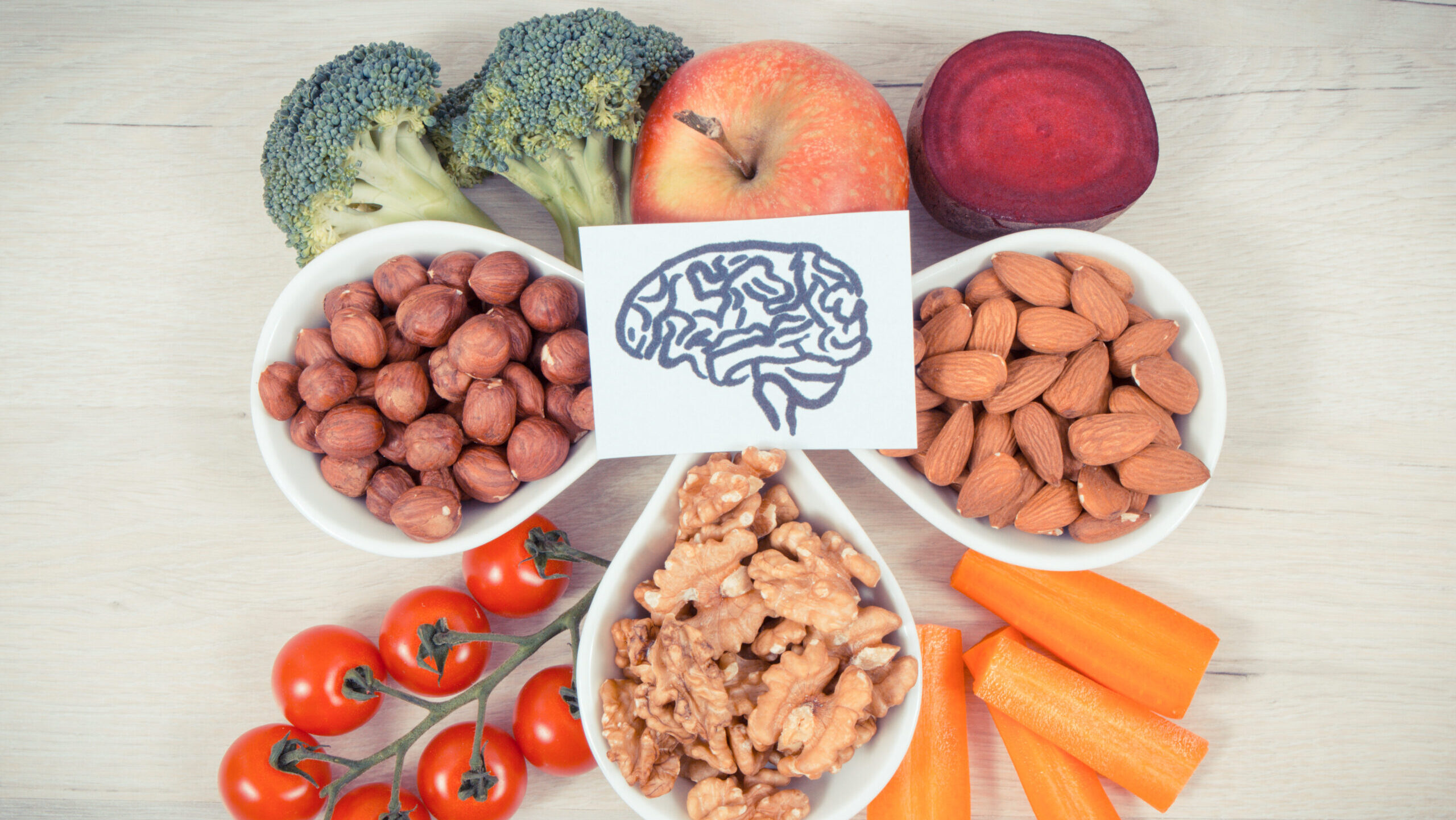Sugar reduction is a popular option for the three in five U.S. consumers who would rather cut back on sugar than consume artificial sweeteners, according to Innova Market Insights.
Manufacturers are taking note of this and sugar-related claims continue to grow, becoming more prominent on packaging. In the U.S., 8% of all new food and beverage launches tracked by Innova in 2018 featured a sugar reduction claim—with statements of no added sugar being the most popular, accounting for 42% of all sugar-related claims. These were followed by sugar-free and low sugar at 36% and 27% respectively.
Sugar is even the top item consumers look for on nutrition facts labels, according to The NPD Group. Effective Jan. 1, updated nutrition facts labels now include the sugars added in processing.
Benefits of Low-Sugar Diet
Many adults consume much more sugar than authorities recommend. For example, The National Institutes of Health estimate that adults in the U.S. get around 15% of their calories from added sugars alone, reported Medical News Today.
Excessive sugar consumption is linked to several health conditions such as obesity, heart disease, type 2 diabetes, high blood pressure, chronic inflammation, and dental plaque and cavities. Decreasing the amount of sugar in the diet can help reduce risk of these health conditions.
Sugar Taxes
Sugar sweetened drinks are among the most significant sources of added sugars in the diet. These include soda, specialty coffee, sweetened teas, and fruit juices. To combat this, some local authorities implemented taxes on beverages containing excess sugar.
In the U.S., Philadelphia enforced a soda tax in 2017 that came to 1.5 cents per ounce, equal to a $1 tax on a typical $1.56 two-liter bottle, reported MarketWatch (Jan. 12). The city included artificially sweetened diet sodas in the tax, while excluding sugary fruit juices.
Asian countries are also in various phases of sugar tax implementation, which began in 2017, according to Rabobank. The Philippines introduced a tax on sugar sweetened beverages as part of a broader tax reform, while Thailand began a phased sugar-tax program in 2017, with a condition for higher tax rates in the future.
However, the success of taxes is still debatable as research from Stanford University found Philadelphians didn’t cut calories or shift toward drinking healthier beverages. Instead, most drove outside the city to purchase the same sodas, minus the tax.
Reduction Strategies
Sugar reduction can be achieved in numerous ways, such as replacing part of the sugar formulation with non-nutritive sweeteners, using innovative processing technologies, or simply removing or reducing the amount of added sugar.
Consumer interest in sugar substitution has also driven up the use of sweeteners, such as stevia, monk fruit, and thaumatin. Aramark predicts new sweeteners will be a big trend in 2020, like alternatives made from pomegranates and coconut.
Fermentation has recently become a popular method to reduce the use of sugar. For example, Symbiosis Food is swapping out processed ingredients with a low-calorie, gut-friendly, fermented stevia.
Symbiotic fermentation is a patented technology that utilizes the natural process of plant fermentation using a symbiosis of yeasts and bacteria to create over 50 different fermented, natural plant-based infusions (including the stevia leaf).
“People set out to reduce their sugar intake to be healthier,” said Chantale Houle, Symbiosis Food creator and Kefiplant president. “Unfortunately, with most sugar substitutes you are swapping out an unhealthy amount of sugar with an unhealthy chemical substitute. Symbiosis Food utilizes a nutrient-rich, natural stevia so not only are you reducing sugar, but you’re also adding health benefits. Plus, the fermentation process kills the bitter aftertaste you would traditionally get with stevia.”









